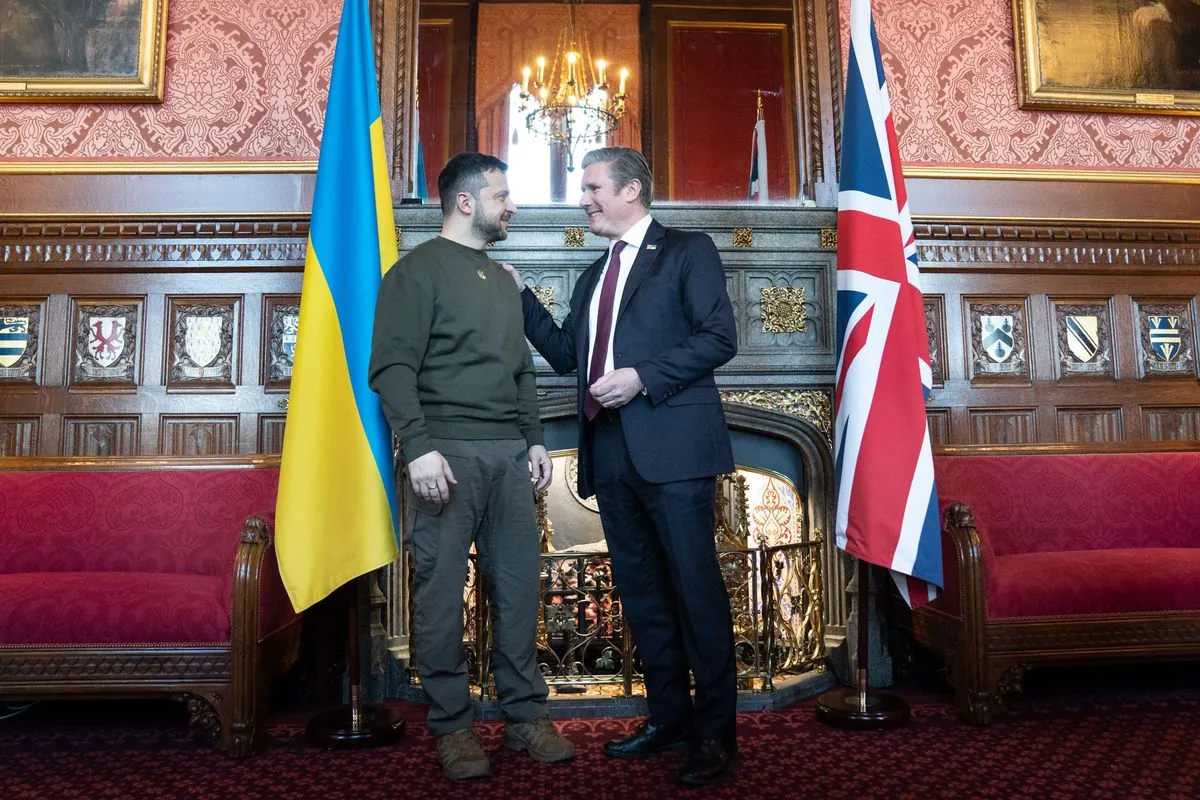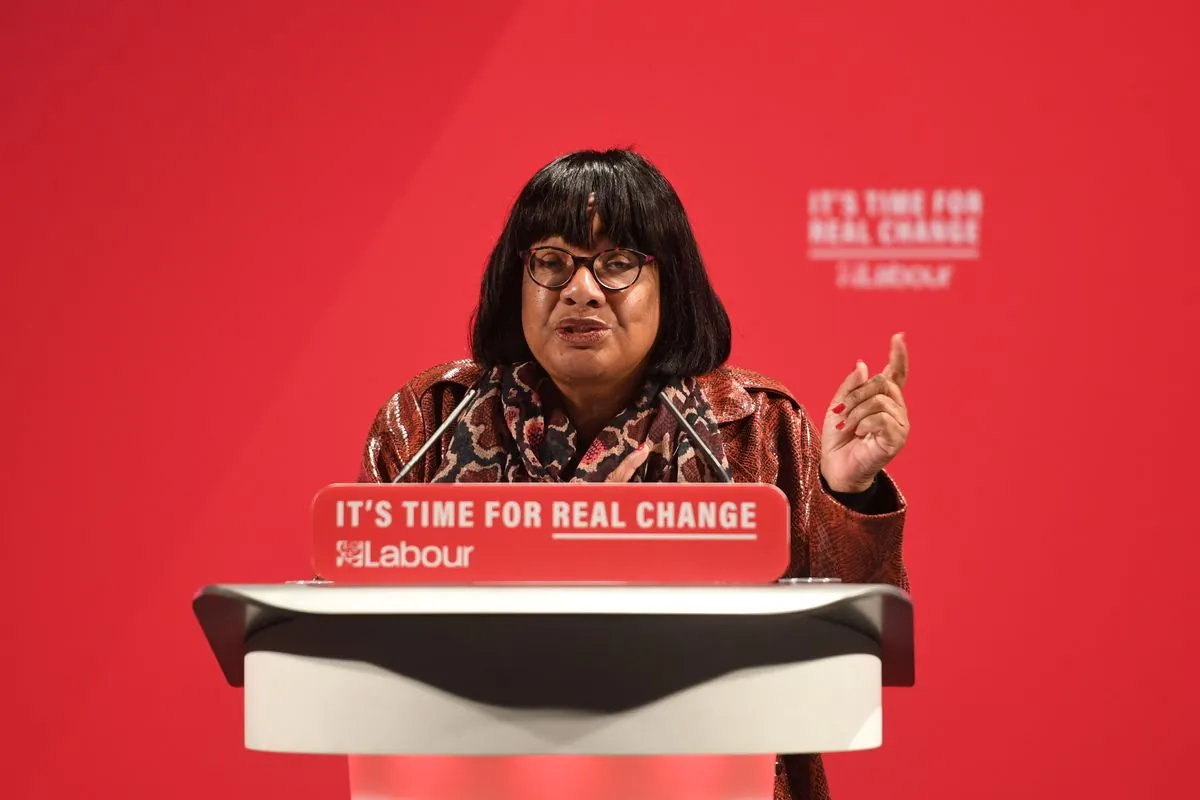UK's Ukraine Support: Starmer's Promises vs. Weapon Use Limitations
Sir Keir Starmer's pledges of support for Ukraine face challenges due to restrictions on Storm Shadow missile use. Ukraine's frustration grows as it seeks permission to strike targets within Russia.

Sir Keir Starmer's efforts to support Ukraine are facing challenges due to limitations on the use of advanced weaponry. While the UK Prime Minister has made public declarations of support, the inability to provide Ukraine with the means to launch attacks deep within Russian territory is undermining these efforts.
Since taking office, Starmer has attempted to maintain the UK's backing of Ukraine's war effort. He invited President Volodymyr Zelensky to address the Cabinet, marking the first time a world leader has done so since Bill Clinton in 1997. On August 24, 2024, the 33rd anniversary of Ukraine's independence, Starmer reaffirmed the UK's commitment to support Ukraine "today and always."
However, Zelensky's response suggests that the Ukrainian leader remains unconvinced about the extent of Starmer's support, particularly regarding the provision of necessary weaponry. Zelensky has directly appealed to the British Prime Minister to "show leadership" in providing tangible support for the Ukrainian cause.
A key point of contention is the use of Storm Shadow missiles. These long-range cruise missiles, first deployed by the Royal Air Force in 2003 during the Iraq war, have become a staple of the British military. With a range of approximately 560 km and a 450 kg warhead, Storm Shadow missiles could potentially allow Ukraine to strike key military installations within Russia.

Ukraine's recent success in seizing around 500 square miles of territory in Russia's Kursk Oblast has heightened the importance of these weapons. The ability to consolidate and expand this territory depends on Ukraine's capacity to repel potential Russian counter-attacks, which would require striking targets deep within Russia.
"We need the ability to use Storm Shadow missiles against targets in Russia to effectively defend our gains and push back the aggressor."
Western concerns about provoking a wider conflict have consistently limited the provision of certain weapons to Ukraine. The Biden administration's cautious approach has particularly hindered Western support. While the UK has provided Storm Shadow missiles to Ukraine, strict limitations have been placed on their use against targets within Russia by both the UK and the US.
Starmer's government claims to have given Ukraine the green light to use Storm Shadows against targets in Russia. However, doubts remain, especially in Kyiv, about the reality of this permission. The use of these missiles is likely to be conducted in conjunction with US military systems, giving Washington significant influence over their deployment.
When questioned about the US's ability to limit Storm Shadow use during a visit to Berlin, Starmer was evasive, stating he could not discuss "tactical questions" about the missiles' use. This response has added to the uncertainty surrounding Ukraine's ability to use these weapons effectively against Russian targets.
As the situation evolves, Ukraine is taking steps to reduce its reliance on Western support. The country has recently conducted its first successful launch of a domestically produced ballistic missile. This development suggests that Kyiv may soon be able to make independent decisions about targeting Russian military installations in its bid to counter the Kremlin's aggression.
The ongoing debate over Storm Shadow missile use highlights the complex interplay between diplomatic promises and practical military support in the Ukraine conflict. As the situation continues to develop, the effectiveness of Western support for Ukraine remains a critical factor in the region's geopolitical landscape.


































